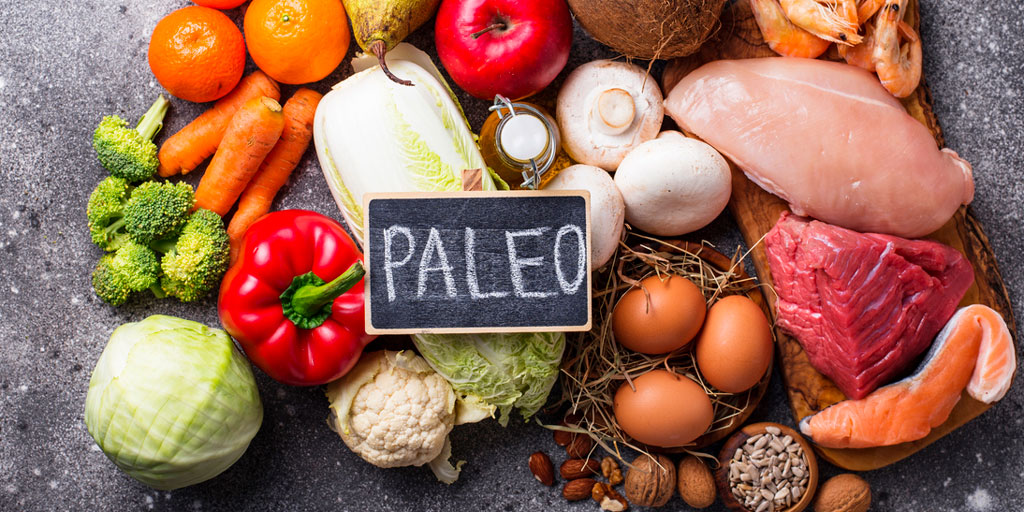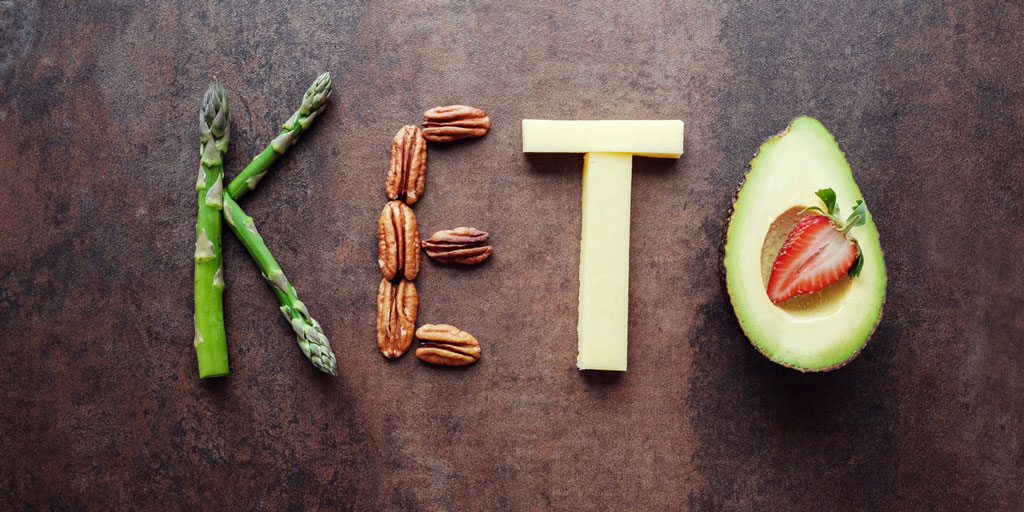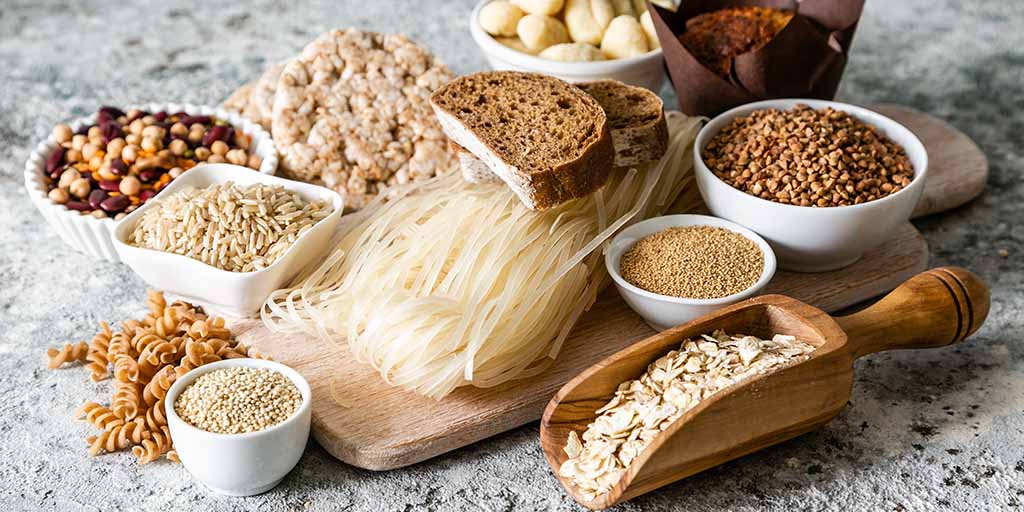Get started with a free trial.
WHICH DIET IS BEST FOR WEIGHT LOSS?
There’s always a debate on ‘diet’, however the answer depends on how you define it. There’s no shortage of diets promising a magic bullet for your health or waistline. But one thing’s for sure: Aussies seem to love diets, with more than two million of us now on one, according to the latest national health survey. But whether you’re tempted to go vegan, try fasting or keto, or give up gluten, you’re likely to lose weight on any diet that creates an energy deficit — that is, one where you consume less energy (from food and drink) than you used through exercise.
Here’s the good, bad and the ugly on some of the common fads.
PALEO
This diet is based on the notion that we should be eating the same way our ancestors did. It claims that, genetically speaking, the nutritional needs of the human body is best built to deal with food which is sourced from hunting, fishing and gathering, as opposed to foods that have become available since the advent of agriculture.
Meat, eggs, seafood, nuts, fruit and veggies feature heavily on the Paleo diet, while grains, dairy and legumes are off limits, making Paleo and adapted version of the low-carb diet. While the emphasis on natural, unprocessed foods is a plus, cutting out refined, highly processed junk (e.g. cakes, pastries, rice crackers) is a positive step in the right direction for many. But unless you have a specific allergy or intolerance, there’s absolutely no reason to exclude these foods.

KETOGENIC
The Keto Diet is an ultra-low-carb diet for extreme weight loss diet which aims to get your body using ketones from stored body fat as its primary energy source rather than the bodies preferred fuel supply glucose (which comes from carbohydrates). The diet encourages high fat foods including butter, cream, and fatty meats at the expense of healthy foods such as whole grains, legumes, dairy and certain fruits and vegetables. Getting enough fibre and gut-loving prebiotics can be an issue. Whilst the diet may assist with short-term weight loss, long-term results are questionable (not to mention the impact on the heart). Side effects including bad breath (from the ketones), as well as fatigue and a lack of food variety can make this diet hard to sustain.

GLUTEN FREE
One in 70 Australians are diagnosed with a condition called coeliac disease, a condition where an abnormal response to gluten (a type of protein found in wheat, rye, triticale, barley and oats) occurs and serious complications can arise if they don’t follow a strict gluten free diet. And while the availability of gluten-free options is a wonderful development, especially for people allergic to gluten, this doesn’t mean they have a better nutritional profile than regular foods.
The first thing you want to remember is that “gluten free” means that the food is free of gluten. It doesn’t mean that it is healthy. Many gluten-free foods contain fewer vitamins, less fibre and have more added sugar or fat to simulate the texture and satisfying fluffiness that gluten imparts. If you’re unsure, seek medical advice because there are real dangers in self-diagnosis, since it means making unnecessary changes to the diet.

INTERMITTENT FASTING
This diet first came to the scene in 2013 when Dr Michael Mosley released the 5:2 diet. Rather focusing on what you eat, the 5:2 diet is about when you eat, restricting energy intake to 500 calories for two full days a week, followed by eating ‘normally’ for the rest of the week. While fasting has been associated with a variety of health benefits, including weight loss, diabetes management and gut health, the long-terms health effects are as yet unknown.
Although the diet doesn’t involve eliminating any foods groups, let’s face it, a day of gluttony followed by a day of starvation doesn’t teach people the importance of balance in their diet, especially when the chances of over-indulging on ‘feast’ days’ are highly likely, or you have a history of an eating disorder, or disordered eating patterns. Instead, structured eating where regular, balanced meals are consumed is encouraged and is more likely to suit your lifestyle long-term.

The bottom line? Remember, if a diet cuts out any food group, promotes very expensive products, promises quick fix or is endorsed by a celebrity or insta-influencer – you should probably be skeptical that it is a fad. We are all different, so it makes sense that we’ll all have different food preferences and feel better with different ways of eating. If your diet is balanced nutritionally and you can maintain a balanced, healthy relationship with food, then that’s the right way to eat.
Filter
Show by